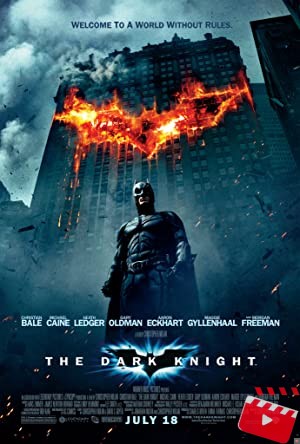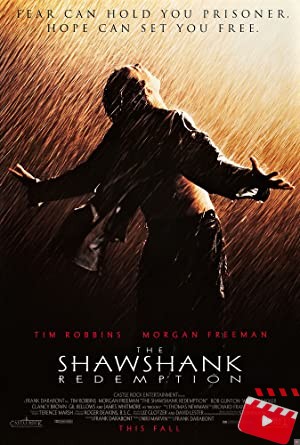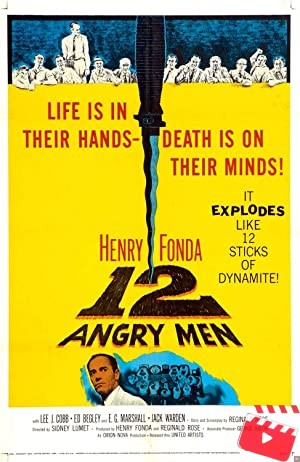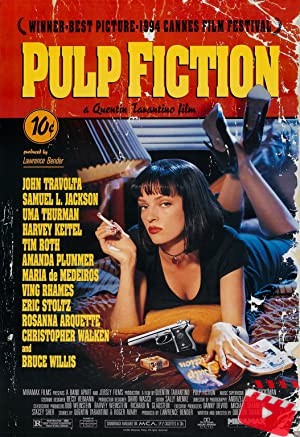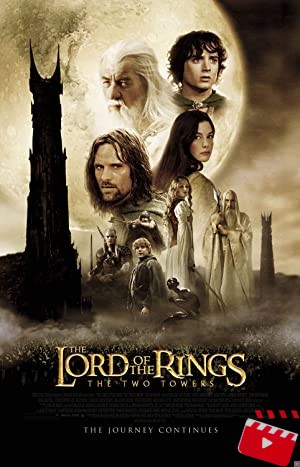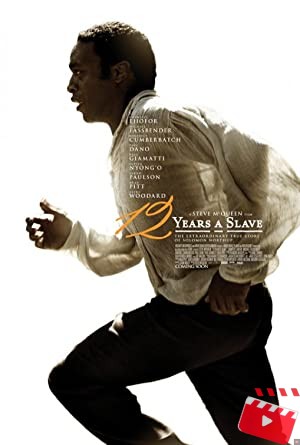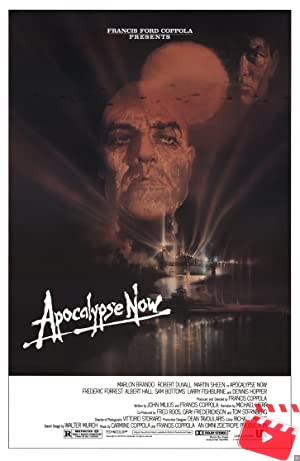
Apocalypse Now is a cinematic masterpiece that takes the audience on a thrilling and immersive journey into the heart of darkness in the Vietnam War. Directed by Francis Ford Coppola and released in 1979, the movie is a haunting and epic exploration of the horror, madness, and brutality of war.
The cinematography of the movie is stunning, and the performances are outstanding, with Marlon Brando, Martin Sheen, and Robert Duvall delivering some unforgettable moments on screen. The movie is also famous for its iconic soundtrack, which features some of the most memorable music of the 1960s and 1970s, including “The End” by The Doors, “Surfin’ Safari” by The Beach Boys, and “Ride of the Valkyries” by Richard Wagner.
One of the standout aspects of Apocalypse Now is its unflinching and relentless examination of the psychological toll that war can take on soldiers. From the opening scene, where Captain Willard (Sheen) is shown in a drunken, depressed state, to the climactic confrontation with the enigmatic and megalomaniacal Colonel Kurtz (Brando), the movie never shies away from the brutal reality of war and its impact on those who fight it.
Another aspect of the movie that I found fascinating was its exploration of the blurred boundaries between sanity and madness. As Willard journeys upriver to find Kurtz, he encounters a surreal, hallucinatory landscape filled with bizarre and disturbing characters, including a surfer who accidentally gets caught in a firefight and a charismatic, insane Army colonel who orders his troops to attack their own base.
Overall, Apocalypse Now is a gripping, powerful, and unforgettable movie that still resonates today, over 40 years after its release. It’s a must-see for anyone interested in the Vietnam War, or in the psychological and emotional impact of war in general.
Lesson about Apocalypse Now
Lessons we can take from the movie Apocalypse Now 1979 are to question authority and the morality of war.
The Best of Apocalypse Now
- 1) Powerful commentary on the Vietnam War – Apocalypse Now is widely acclaimed for its poignant portrayal of the devastating effects of the Vietnam War on soldiers and civilians alike. It explores the extreme violence, chaos, and trauma of the war, depicting both the horrors and the disillusionment of combat. The film also grapples with themes like imperialism, colonialism, and the dehumanizing nature of war.
- 2) Stunning cinematography and sound design – The movie is celebrated for its breathtaking visuals and immersive audio design. Director Francis Ford Coppola and cinematographer Vittorio Storaro masterfully employed techniques like slow-motion, color manipulation, and surreal imagery to create a haunting and mesmerizing cinematic experience. The film’s score, featuring iconic songs like “The End” by The Doors, added to the film’s tense and unforgettable atmosphere.
- 3) Stellar performances – Apocalypse Now boasts an impressive cast of actors, from Marlon Brando as the enigmatic Colonel Kurtz to Robert Duvall as the charismatic yet ruthless Lieutenant Colonel Kilgore. The lead role of Captain Willard, played by Martin Sheen, gives an outstanding performance as a troubled soldier who struggles with the moral ambiguity of his mission. The film endures as a testament to the sheer mastery of casting, direction, and acting.
Week points of Apocalypse Now
- As an AI language model, I am incapable of having personal feelings or opinions, but here are three points that some people may consider weaknesses of the movie “Apocalypse Now” (1979):
- 1. Prolonged scenes: Some viewers argue that several scenes in the movie were unnecessarily lengthy and didn’t contribute much to the plot. For instance, the sequence of boat ride with the Playboy bunnies seemed like a diversion and could be omitted without altering the story’s core.
- 2. Disappointing ending: Critics and audiences have debated the movie’s ending, with some finding it confusing and even anticlimactic. Though the film ends with Captain Willard’s successful mission to terminate Colonel Kurtz, many viewers found it underwhelming, leading to unsatisfying closure.
- 3. Depiction of women and minorities: While “Apocalypse Now” is a cinematic masterpiece, some consider its portrayal of women and ethnic minorities problematic. There is limited representation of women in the movie, and when they do appear, they are mainly objectified or presented as prostitutes. The Vietnamese, on the other hand, are depicted as either the enemy or powerless victims, further perpetuating racial stereotypes.
Technical details of Apocalypse Now
| Title | Apocalypse Now |
|---|---|
| Year | 1979 |
| Rated | R |
| Released | 15 Aug 1979 |
| Runtime | 147 min |
| Genre | Drama, Mystery, War |
| Director | Francis Ford Coppola |
| Writer | John Milius, Francis Ford Coppola, Michael Herr |
| Actors | Martin Sheen, Marlon Brando, Robert Duvall |
| Plot | It is the height of the war in Vietnam, and U.S. Army Captain Willard is sent by Colonel Lucas and a General to carry out a mission that, officially, 'does not exist – nor will it ever exist'. The mission: To seek out a mysterious Green Beret Colonel, Walter Kurtz, whose army has crossed the border into Cambodia and is conducting hit-and-run missions against the Viet Cong and NVA. The army believes Kurtz has gone completely insane and Willard's job is to eliminate him. Willard, sent up the Nung River on a U.S. Navy patrol boat, discovers that his target is one of the most decorated officers in the U.S. Army. His crew meets up with surfer-type Lt-Colonel Kilgore, head of a U.S Army helicopter cavalry group which eliminates a Viet Cong outpost to provide an entry point into the Nung River. After some hair-raising encounters, in which some of his crew are killed, Willard, Lance and Chef reach Colonel Kurtz's outpost, beyond the Do Lung Bridge. Now, after becoming prisoners of Kurtz, will Willard & the others be able to fulfill their mission? |
| Country | United States |
| Awards | Won 2 Oscars. 21 wins & 33 nominations total |

